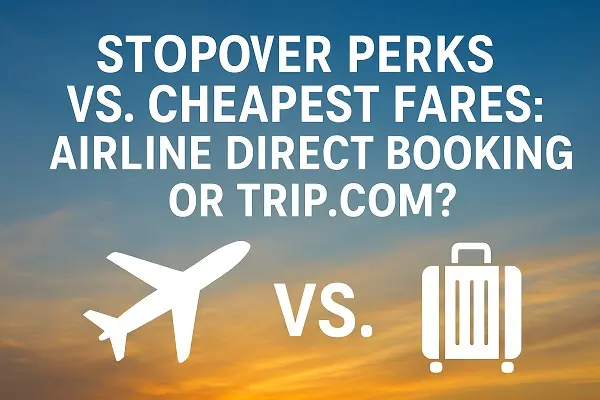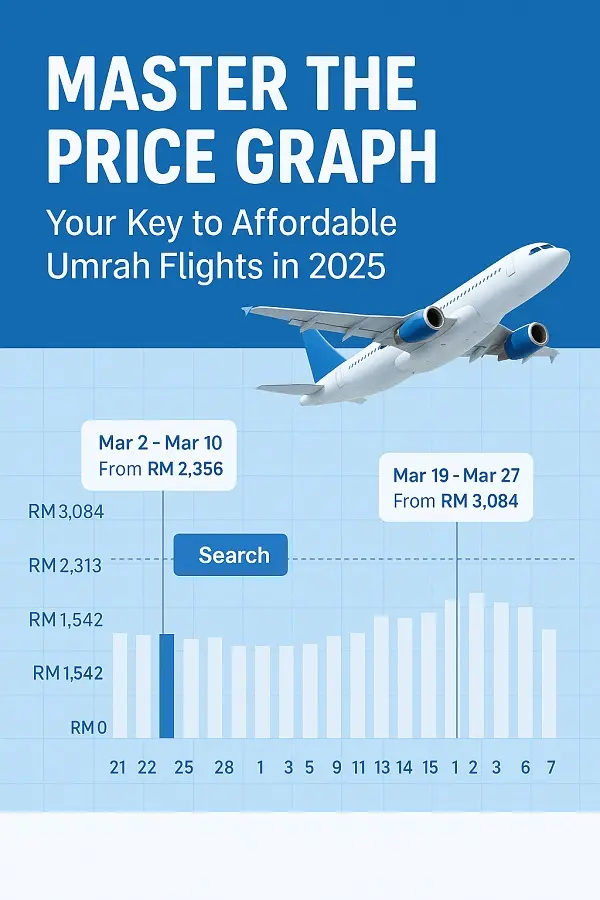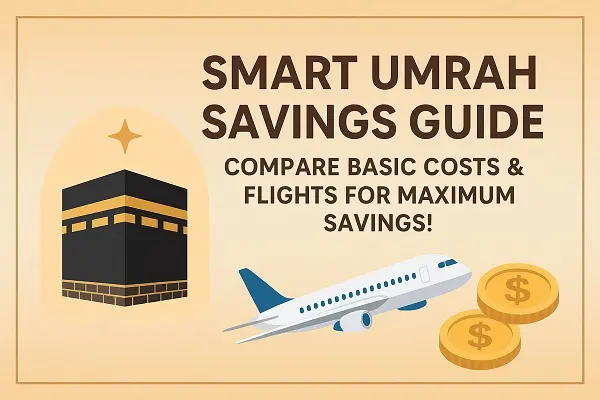Stopover Perks vs. Cheapest Fares: Airline Direct Booking or Trip.com?
In the quest for the best travel deals, travelers often face a dilemma: should they book directly with airlines to access exclusive stopover programs or use online travel agencies (OTAs) like Trip.com for lower fares?
This comprehensive guide examines the trade-offs between cost and perks, focusing on how Trip.com’s recent IATA GoGlobal accreditation enhances its credibility while offering competitive prices. We also compare fare estimates and provide actionable advice for different traveler profiles.
Understanding Stopover Programs
What Are Stopover Programs?
Stopover programs allow travelers to extend a layover into a mini-vacation, often at little or no extra airfare cost. These programs, offered by many major airlines, include perks such as:
- Complimentary hotel stays (e.g., Turkish Airlines offers 1-3 nights in Istanbul).
- Discounted tours and activities (e.g., Qatar Airways’ Discover Qatar packages from $14/night).
- Visa assistance and transportation (e.g., Saudia’s free transit visa and hotel stays).
Airlines with Notable Stopover Programs
- Turkish Airlines: Free hotel stays (1 night for economy, 2-3 nights for business class) and city tours in Istanbul.
- Qatar Airways: Discounted luxury hotels in Doha from $14/night, with flexible stopovers up to 96 hours in 4–5 star hotels at heavily subsidized rates (not always free, but very cheap).
- Etihad Airways: Eligible for 1–2 free hotel nights (depending on class of travel)and must be booked via Etihad Holidays Stopover portal.
- Emirates: Dubai Connect service offering free hotels, meals, and transfers for layovers of 8-26 hours.
Booking Directly with Airlines: Pros and Cons
Advantages
- Exclusive Stopover Perks: Direct booking is often the only way to access full stopover benefits like free hotels, tours, and meals.
- Easier Modifications: Airlines typically offer more flexible change and cancellation policies for bookings made directly.
- Direct Customer Support: Issues can be resolved directly without third-party intermediaries.
Disadvantages
- Higher Fares: Airlines often charge premium prices for direct bookings, especially for convenient non-stop flights.
- Limited Visibility: Finding stopover options requires manual research on each airline’s website.

Booking via Trip.com: Pros and Cons
Advantages
- Lower Fares: Trip.com offers significantly discounted fares due to negotiated deals with airlines and bulk purchasing. For example, business class flights on Malaysia Airlines were listed at ~$1,600 AUD compared to $4,000 AUD on the airline’s website.
- IATA GoGlobal Accreditation: This credential ensures credibility and simplifies interactions with global airlines, providing reassurance about ticket legitimacy.
- 24/7 Multilingual Support: Travelers get assistance in multiple languages, enhancing reliability.
- Price Transparency and Tools: Features like price alerts and price predictions help travelers book at optimal times.
Disadvantages
- Limited Stopover Perks: While Trip.com allows multi-city bookings, it may not fully integrate airline-specific stopover benefits like free hotels.
- Strict Change Policies: Bookings through OTAs often involve stricter cancellation rules and potential fees for modifications.
How the two options differ
Booking with the airline (direct)
— good if you want a stopover package
- Perks: Some airlines offer free or heavily subsidised hotel nights and curated stopover packages, but these are usually only available if the ticket is issued directly by the airline (book on etihad.com, qatarairways.com, turkishairlines.com, etc.).
- Why people choose it: The stopover package is attractive (free nights, city tours), and booking direct can feel safer to many travellers.
- Trade-offs: Airline direct fares are often somewhat higher than the lowest OTA fares. Also, to secure the stopover you may need to separately book the hotel via the airline’s stopover portal after ticketing.
Booking via Trip.com (OTA)
— good if you want the cheapest fare and convenience
- Perks: Trip.com typically shows very competitive fares, powerful search tools (Price Graph, Price Alerts, multi-city), and helpful filters. Trip.com Group is IATA-accredited, owns Skyscanner technology, and offers 24/7 multilingual support.
- Why people choose it: Lower prices, ease of comparing many airlines in one place, and the convenience of booking flights + hotels together.
- Trade-offs: OTA tickets generally do not qualify for airline stopover packages (those are restricted to tickets issued directly by the airline). Some travellers worry about support, but Trip.com provides customer service and is a trusted global OTA.
Key Comparison: Airline Direct vs. Trip.com
| Factor | Airline Direct Booking | Trip.com |
| Stopover Perks | Full access (e.g., free hotels, tours) | Limited integration; may require manual arrangement |
| Fare Cost | Higher (e.g., direct flight premium) | Lower (e.g., discounted negotiated fares) |
| Change Flexibility | More flexible policies | Stricter rules; potential fees |
| Customer Support | Direct airline support | 24/7 multilingual support |
| Credibility | High | IATA GoGlobal accredited |
| Booking Tools | Basic search features | Advanced tools (price alerts, trends) |

Quick decision guide
- Want the stopover hotel nights (Abu Dhabi/Doha/Istanbul)? Book direct with the airline.
- Want the absolute cheapest fare and don’t need the stopover package? Book on Trip.com.
- Want a balance: check both. If the direct airline fare is only slightly higher but the stopover matters to you, the airline route may be worth it.
How to Maximize Stopovers with Trip.com
- Use Multi-City Search: Instead of round-trip, select "multi-city" and input your stopover city and dates manually.
- Leverage Price Alerts: Set alerts for your route to snag discounts.
- Verify Stopover Details: Check airline policies separately to see if perks can be applied after booking.
- Consider Travel Insurance: Opt for "Cancellation Protection" to add flexibility.
Conclusion: Balancing Cost and Perks
The choice between airline direct booking and Trip.com depends on your travel priorities. If you seek immersive stopover experiences with free perks, booking directly is ideal. However, for budget-conscious travelers who prioritize savings and are comfortable with self-organized stopovers, Trip.com offers competitive fares backed by IATA accreditation and robust support.
A humble final word of guidance
Many travellers choose Trip.com because it helps them find lower fares quickly — and Trip.com is a reputable, IATA-accredited OTA with 24/7 support. Others prefer booking direct with airlines specifically to access special stopover benefits. Both choices are valid; it comes down to priorities:
- If your heart is set on a free/discounted stopover as part of the trip experience, book directly with the airline and follow their stopover booking steps.
- If saving money is the main goal and a stopover hotel package is not essential, use Trip.com for price comparison and booking.
Disclaimer:
The information in this article is based on general airline stopover policies and publicly available fare comparisons at the time of writing. Airline stopover offers (such as those from Etihad, Qatar Airways, and Turkish Airlines) are usually only valid for tickets purchased directly from the airline’s official website and may be subject to change or specific conditions. Prices shown from Trip.com and airline websites are for illustration only and will vary depending on dates, availability, and demand.
Always double-check the latest terms and conditions with the airline or booking platform before purchasing your ticket.
Leave a comment
Your email address will not be published. Required fields are marked *



















